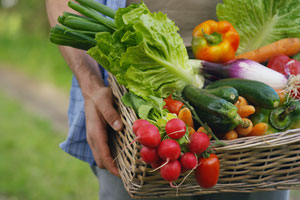
- This event has passed.
Opportunities in Good Food Purchasing: Learning from Leaders in the Field
June 18, 2024 @ 12:00 pm – 1:15 pm PDT
This event is co-hosted by SAFSF, W.K. Kellogg Foundation and The 11th Hour Project.
This will be the second of a two-part series featuring voices of leaders in the good food purchasing field. Good food purchasing is a strategy for food systems transformation that encourages large institutions (such as hospitals or schools) to direct their buying power in support of environmental sustainability, local economies, valued workforce, animal welfare, and nutrition to ultimately create a more equitable, sustainable, and just food system. The overarching goal is to foster a more equitable, sustainable, and just food system. Over the past decade, the landscape of good food purchasing has evolved significantly, with collaborative efforts from various stakeholders, including our esteemed speakers, now leading to its institutionalization as policy at local, state, and federal levels. In the first session of this two-part series, we delved into the history and landscape of good food purchasing work from the perspective of funders in our network, showcasing its potential for systemic change and the myriad avenues for funders to get involved.
Whether you’re new to good food purchasing or are actively supporting initiatives in this space, we invite you to join us for this second insightful discussion on the grassroots and policy-oriented endeavors shaping this field. We will hear from a panel of practitioners who will share their triumphs and hurdles encountered in their work, as well as illuminate distinct opportunities for funders to deepen their involvement in advancing good food purchasing initiatives.
This is a free, funder only event.
Speakers:

Linda Jo Doctor is a program officer at the W.K. Kellogg Foundation in Battle Creek, Michigan. In this role, she develops programming priorities, manages a portfolio of active grants, and designs and implements national programming. She co- leads the Foundation’s efforts to promote equitable, sustainable, and resilient food systems. Previously, Ms. Doctor was deputy director for a Robert Wood Johnson Foundation National Program Office housed at the University of Michigan School of Public Health. She also directed the Division of Prevention at the Massachusetts Department of Public Health. Ms. Doctor received her Master of Public Health degree from Boston University School of Public Health and a Masters of Philanthropic Studies from the Lily Family School of Philanthropy at Indiana University. She previously served as a board member of the Sustainable Agriculture and Food System Funders and is a founding partner of the Convergence Partnership.
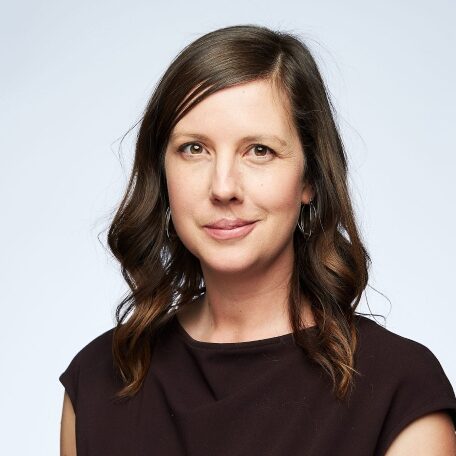
Sarah Bell is program director for the Food & Agriculture program at The 11th Hour Project, a program of The Schmidt Family Foundation. In this role, she directs the foundation’s focus on equitable access to land, capital and markets. She sits on the board of the Regenerative Agriculture Foundation and previously served on the board of Pie Ranch in Pescadero, California and the Environmental Grantmakers Association. She actively participates with the Sustainable Agriculture and Food Systems Funders. She studied at the Regenerative Design Institute in Bolinas and holds bachelor’s degrees in both English literature and French from the University of Colorado.
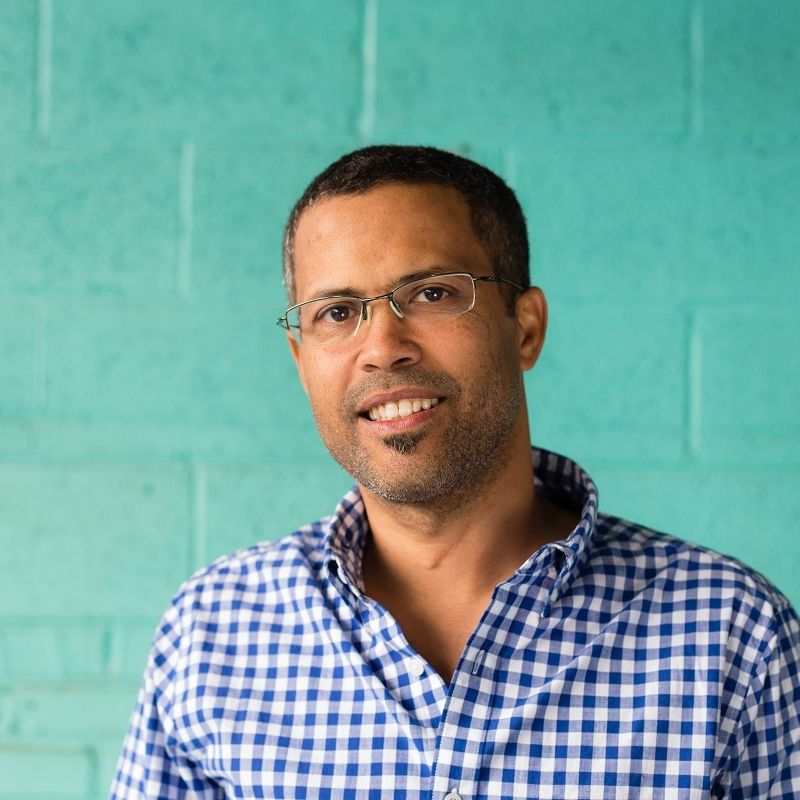
Haile Johnston is a Philadelphia-based father of four children, who works to improve the vitality of rural and urban communities through food systems reform. Along with his wife Tatiana, he is the Co-Director and a founder of The Common Market, a nonprofit distribution enterprise that connects communities to good food from sustainable family farms. Founded in Philadelphia to serve the Mid-Atlantic States, the model has recently replicated to serve communities and farmers in Georgia, Alabama, Texas, and soon in Chicago. Haile is a graduate of University of Pennsylvania’s Wharton School of Business where he concentrated in entrepreneurial management and is proud to have served as a Food and Community Fellow with the Institute for Agriculture and Trade Policy. Haile currently serves as a Draper Richards Kaplan Foundation Entrepreneur, the Advisory Board Chair of the National Farm to School Network, and on the Steering Committee of the Castanea Fellowship.
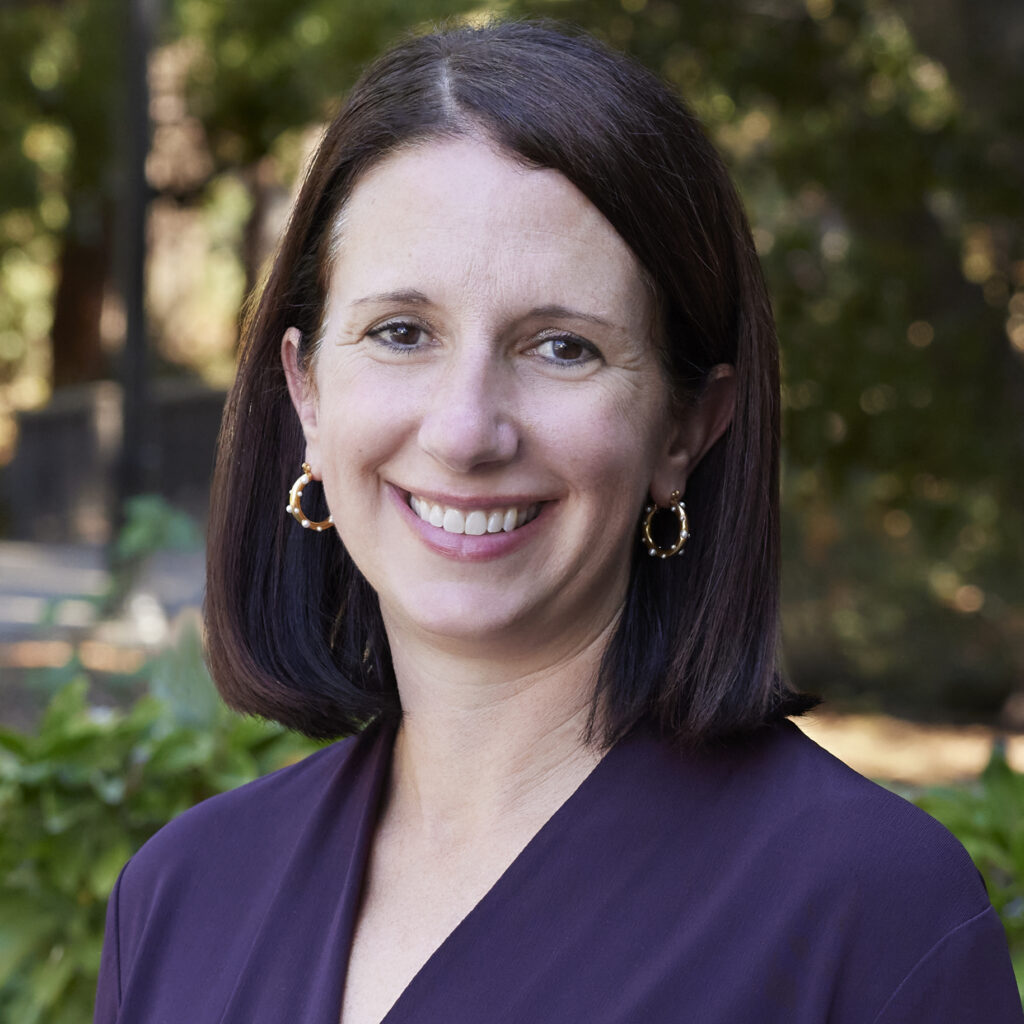
Alexa Delwiche is the executive director of the Center for Good Food Purchasing. She previously served as Managing Director of the Los Angeles Food Policy Council from 2011 – 2015. At the LA Food Policy Council, she spearheaded the development, launch and implementation of the Good Food Purchasing Policy. From 2009 – 2010, Alexa was the Food Policy Coordinator for the Los Angeles Food Policy Task Force, working with the Task Force to produce and present to the Mayor of Los Angeles the “Good Food for All” Agenda. Previously, Alexa worked for the United Farm Workers and the San Francisco Board of Supervisors. Alexa has a Master’s of Public Policy from UCLA.

Christina Spach has 2 decades of experience in community organizing and advocating for racially-equitable food policy. At FCWA, Christina provides direct campaign support to grassroots coalitions leveraging public purchasing to protect food worker organizing and to hold food suppliers accountable to fair labor practices. She also serves on the boards of the HEAL Food Alliance and Food for the Spirit.
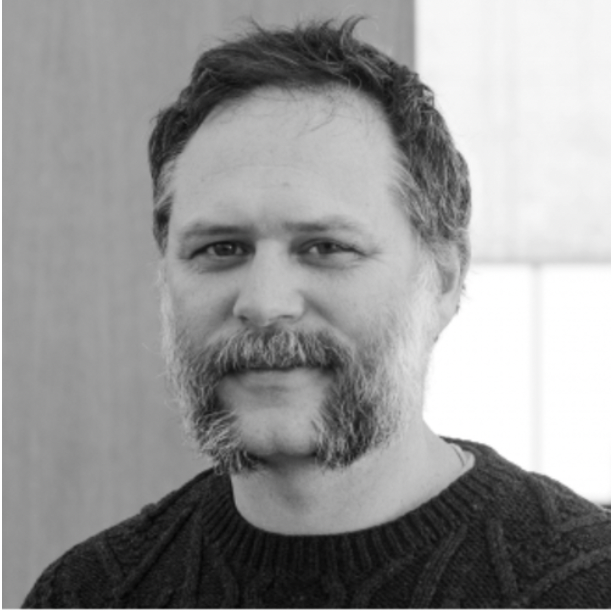
Rodger Cooley, Executive Director of the Chicago Food Policy Action Council, has worked for 20+ years in urban agriculture and sustainable urban food systems developing policy and projects. Rodger previously spent 9 years with Heifer International, supporting the development of urban farming projects in Chicago and the mid-western United States. He recently joined the Cook County Commission on Social Innovation. Rodger has a Master’s degree in Urban Planning and Policy from the University of Illinois at Chicago and Bachelor of Arts from Oberlin College and has served as adjunct faculty at DePaul University and the Illinois Institute of Technology.

